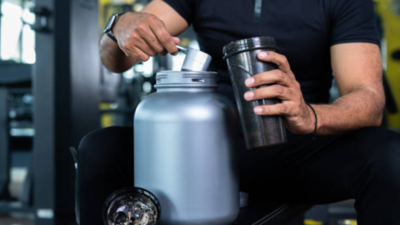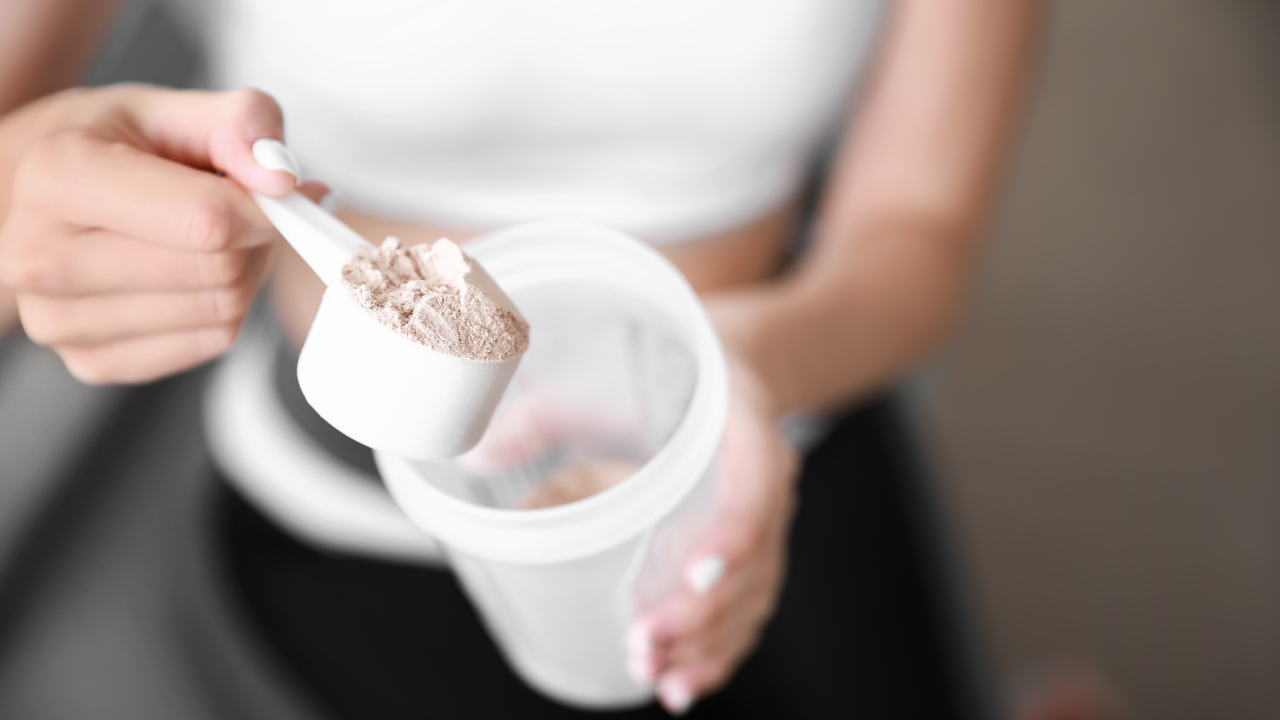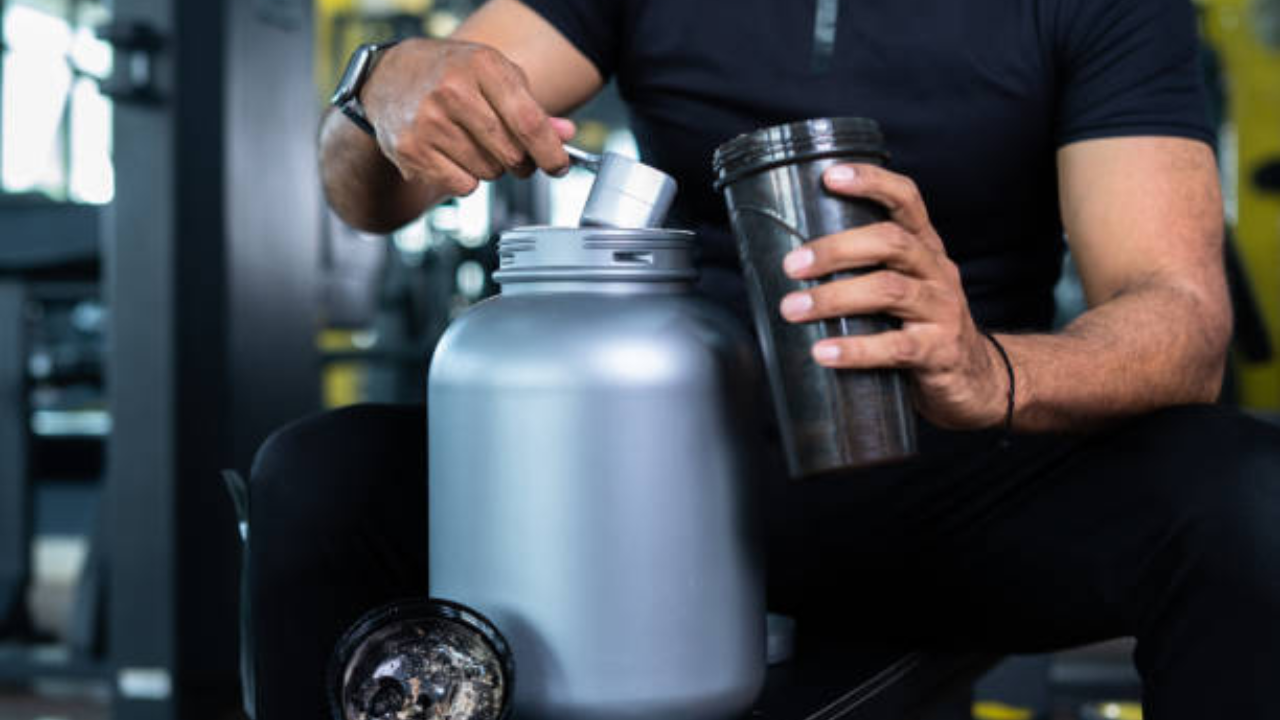Dangerous levels of lead in popular protein powder brands: How to stay safe |

Protein powder and ready-to-drink shakes are often a go-to option for many people across the world to meet their daily protein requirements. Yes, these products are convenient. They provide you immediate protein boost with fewer calories compared to whole foods. But this convenience often comes at a cost. A recent investigation by Consumer Reports found that more than two-thirds of the products they tested had dangerously high levels of toxic heavy metal, lead.
Protein powders with dangerously unsafe levels of heavy metals

23 protein powders and shakes were tested by the team. They found that 16 exceeded the group’s daily lead safety threshold of 0.5 micrograms per serving, some by more than 10 times. No, even the top brands aren’t safe. Naked Nutrition’s Mass Gainer powder had 77.7 µg per serving. This is 1,570% of the daily limit. Another popular brand, Huel’s Black Edition powder had 6.3 µg per serving, which is 1,290% beyond the safety threshold. The researchers advised not to consume these two products at all. No, plant-based products aren’t safe either. In fact, organic products averaged three times the lead of non-organic ones.
What happens if you are exposed to lead?

Gym Protein powder
Lead has no safe exposure level. It is a naturally occurring toxic metal found in the Earth’s crust, and is a concern for both humans and the environment. Lead can seep into bones and blood and impair brain development, raise blood pressure, and suppress immunity. In adults, long exposure to lead can lead to kidney damage and reproductive issues. In kids, it can lead to stunted learning and other neurological issues.
How to stay safe?

While the most ideal way to meet your daily protein requirement is to get it from whole foods, it is not always practical for everyone. So if you are taking protein supplements, here are some tips that may help. Limit intake: If you use the protein supplements, you can reduce lead exposure by limiting the number of servings per week. Avoid products with a Prop 65 warning: Consumer Reports experts advise not consuming products that come with a Proposition 65 warning. This is a warning against potential exposure to chemicals. Check test results: Before buying the product, look online to see if the product’s heavy metal testing results are available.Choose the right type: If results are unavailable, opt for the dairy-based protein over the plant-based protein.Make your own protein: You can always make your own shakes for the protein boost. Incorporate high-protein whole foods like peanut butter or Greek yogurt instead of powders.Disclaimer: The information provided here is for general educational purposes only and is not a substitute for professional medical advice. Always consult a healthcare provider or registered dietitian before making changes to your diet or using protein supplements, especially if you are pregnant, nursing, have underlying health conditions, or are giving supplements to children.






